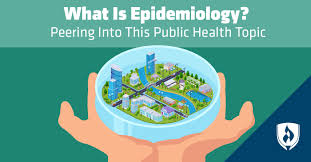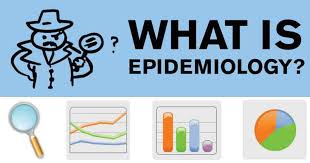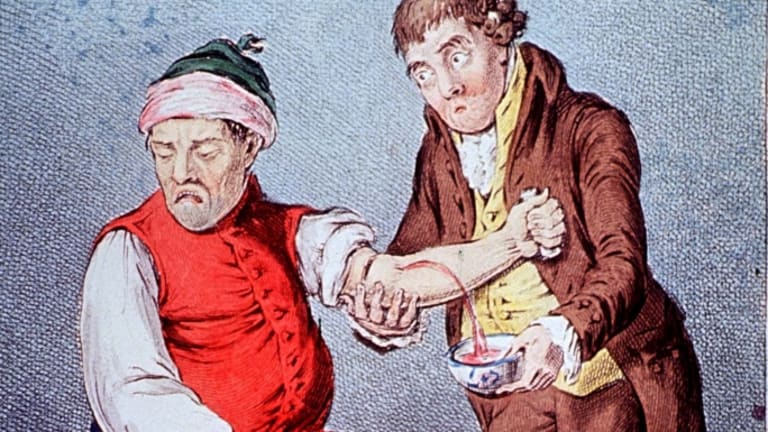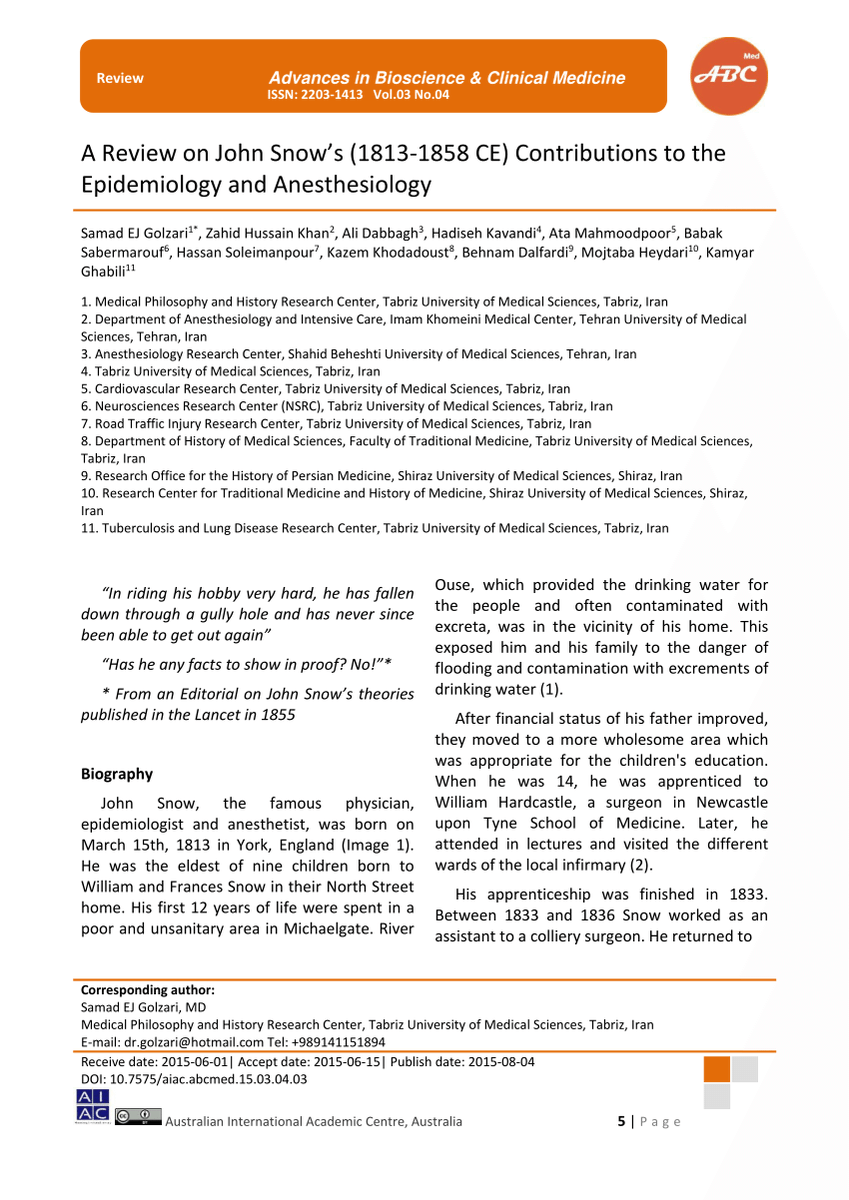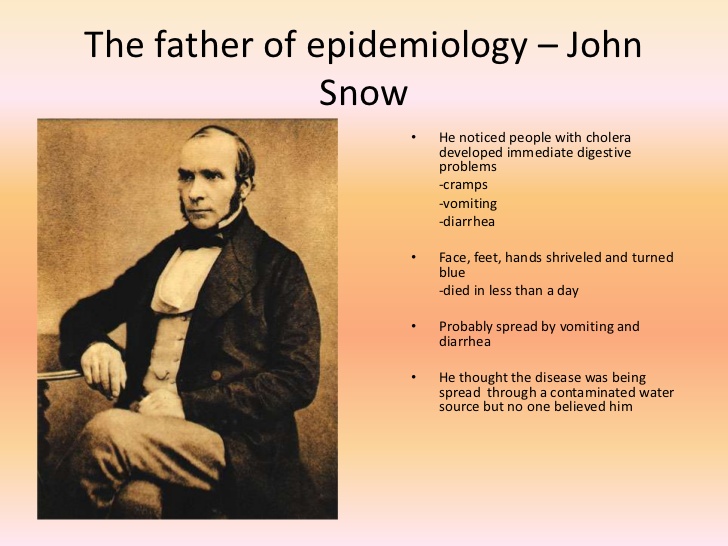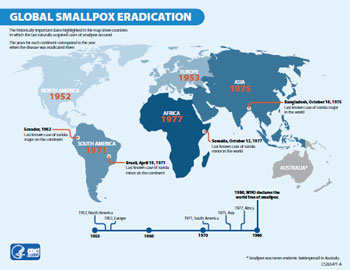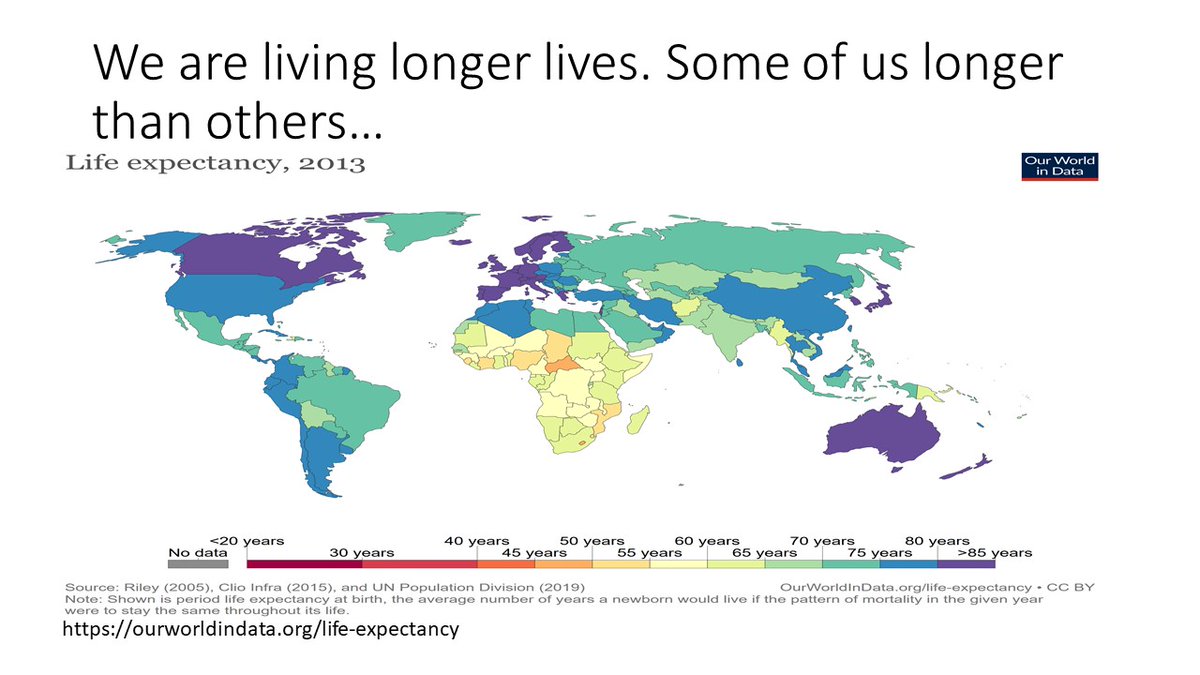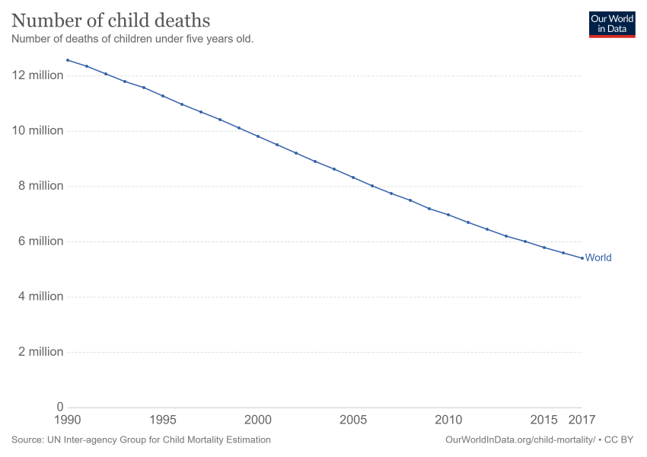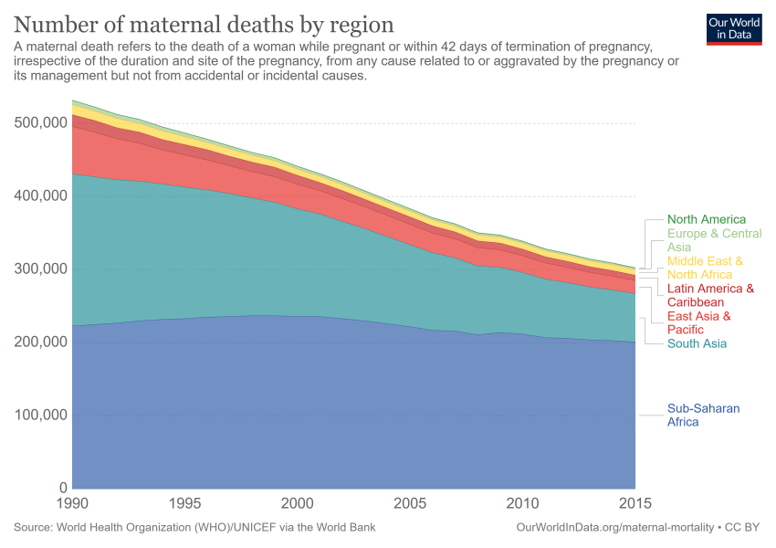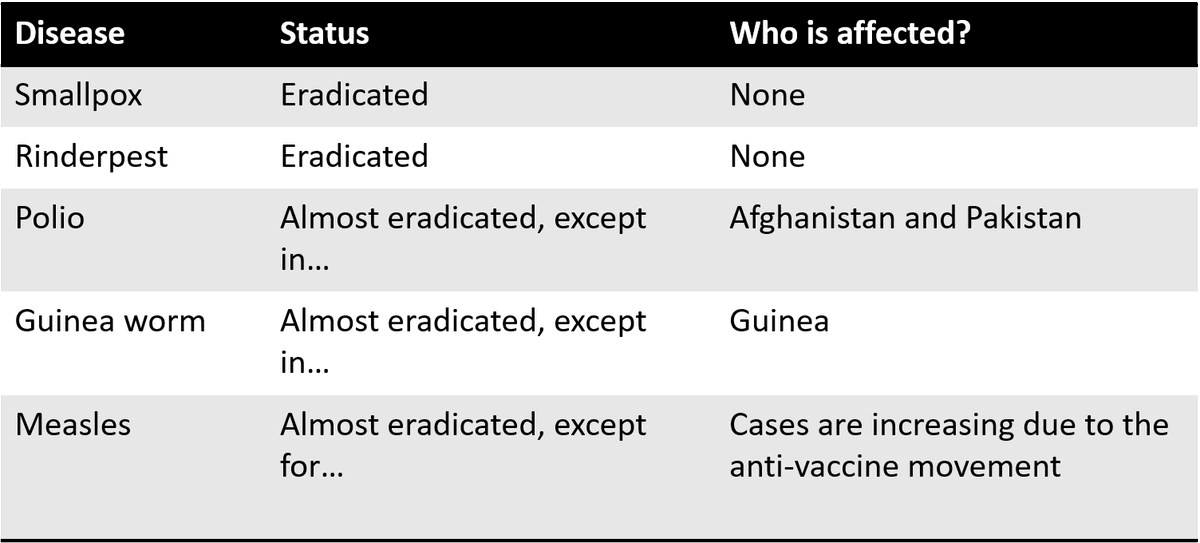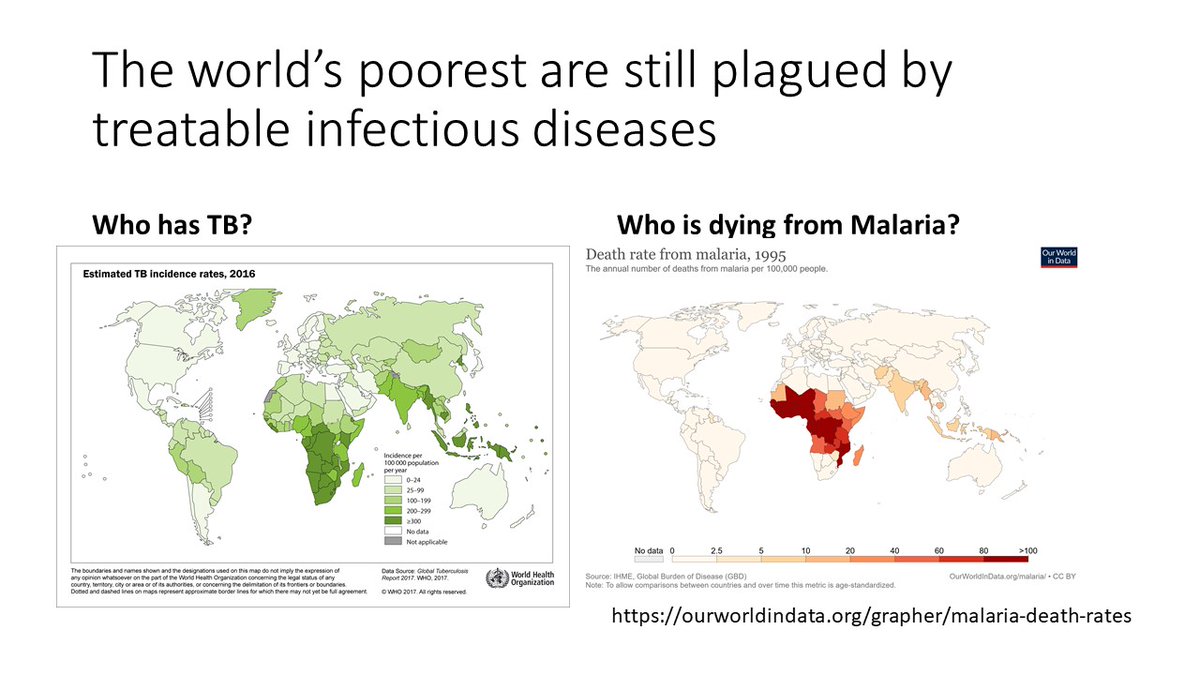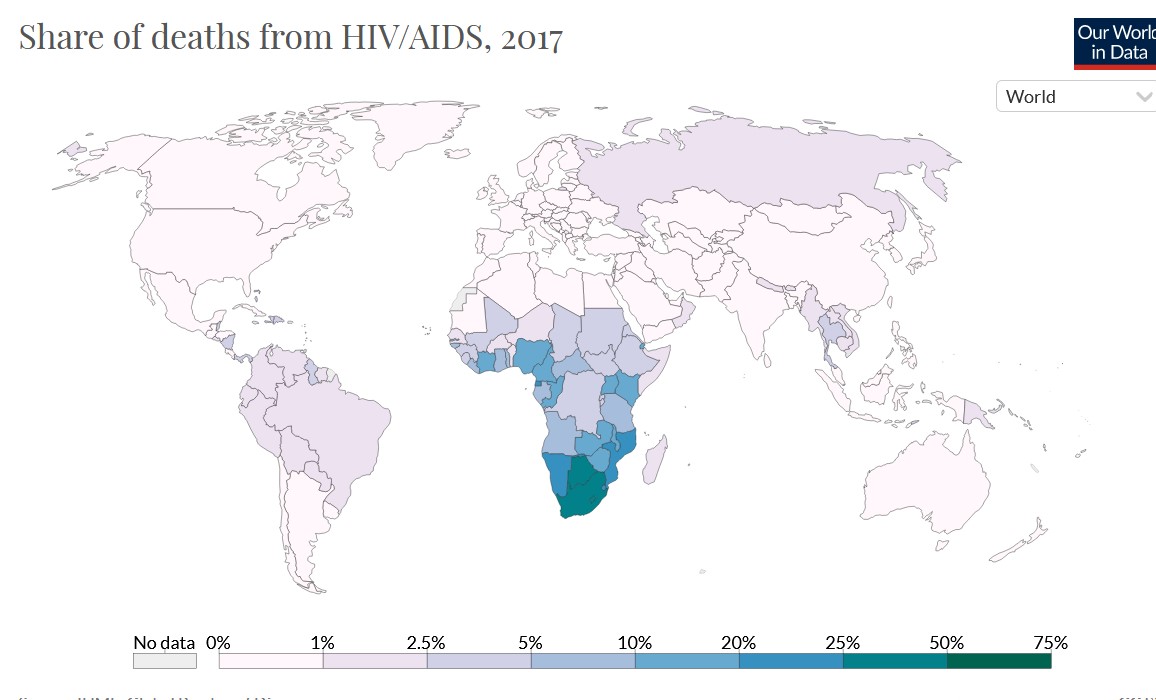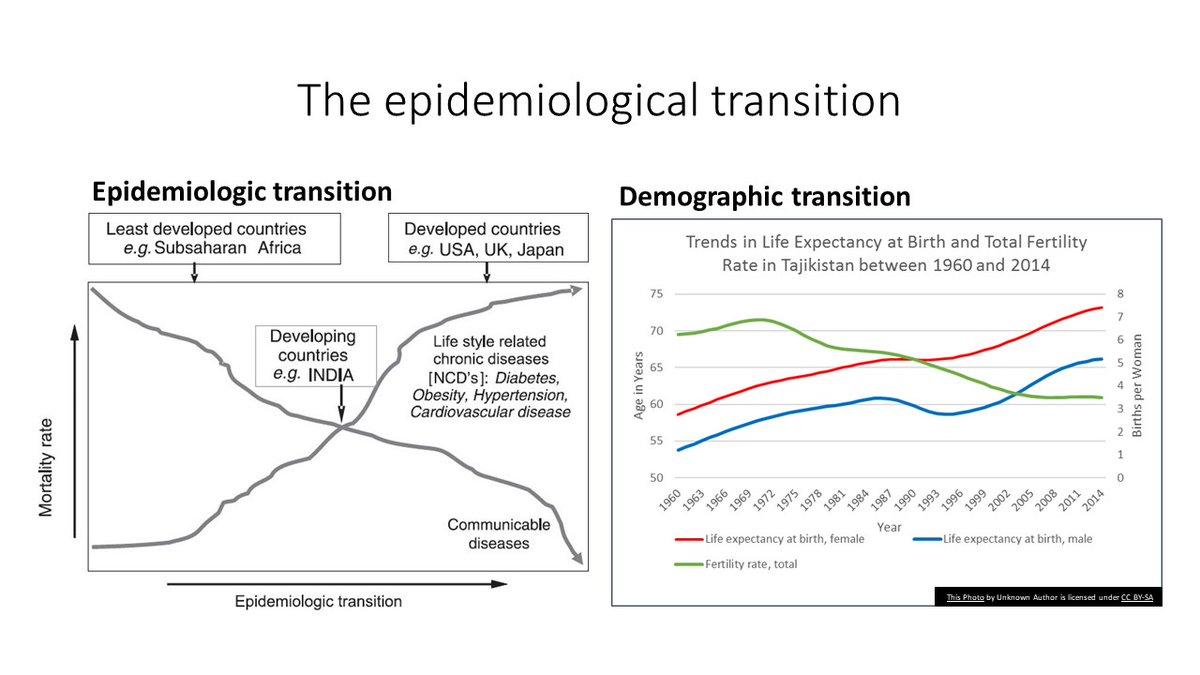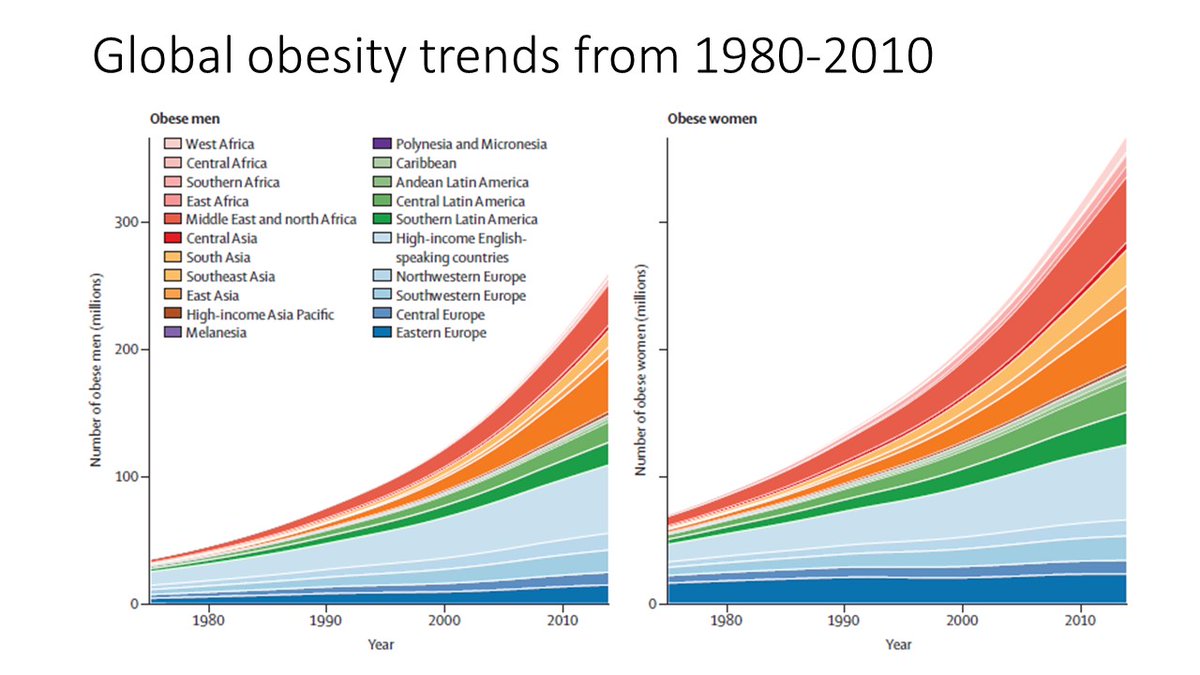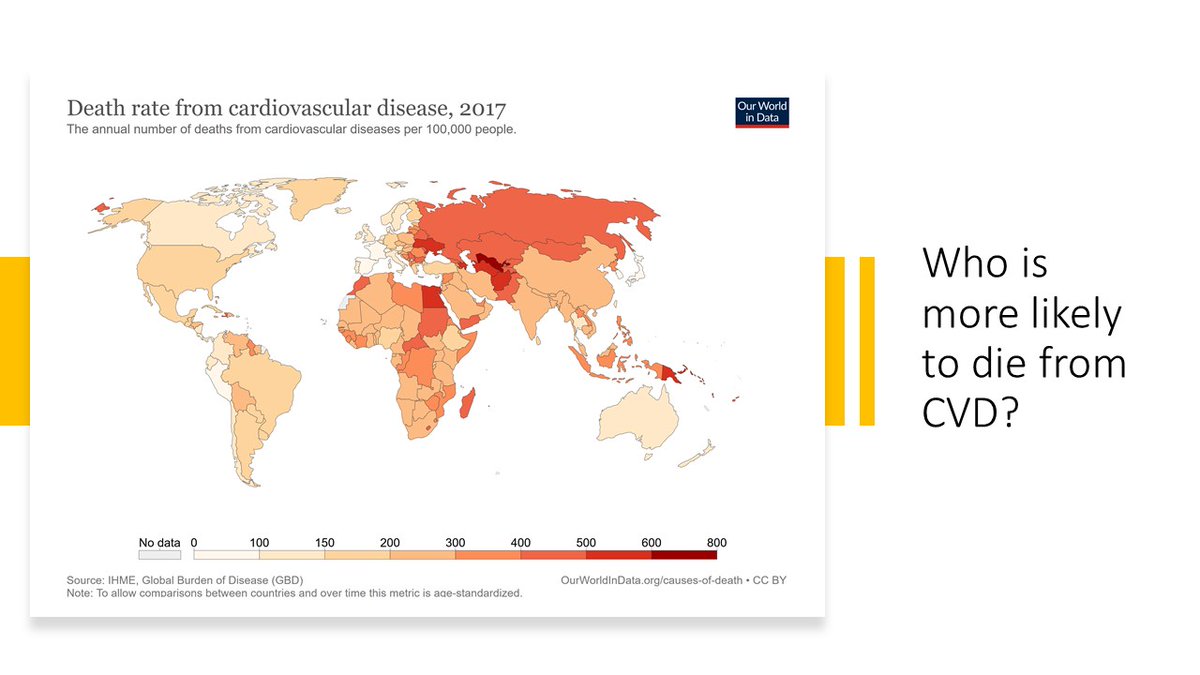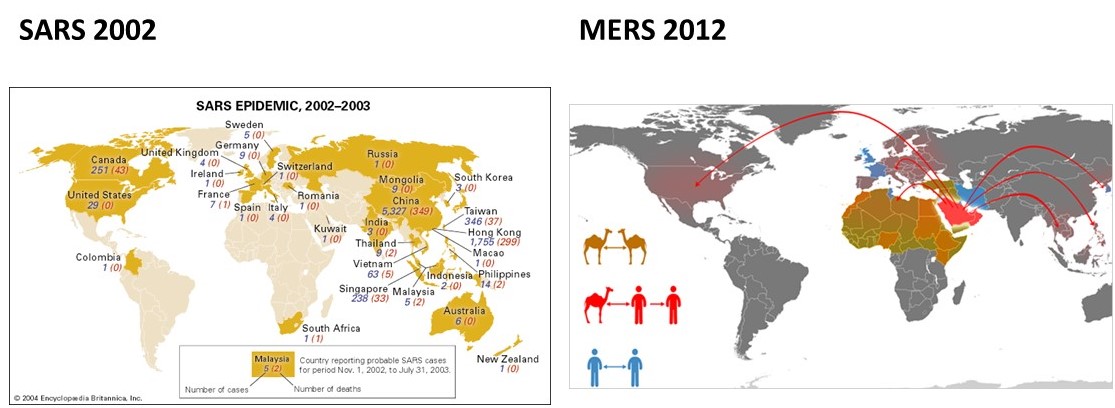So, epidemiologists study determinants of health and disease.
"Health" is state of wellness, a continuum rather than an absolute term. A person without a known disease can be unwell and a person with a disease can be well at any one time. #mentorshipzim
"Health" is state of wellness, a continuum rather than an absolute term. A person without a known disease can be unwell and a person with a disease can be well at any one time. #mentorshipzim
There are different types of epidemiologists. Main traditional ones are:
1. Clinical epidemiology
2. Public health epidemiology
There is a lot of overlap between the two.
The short video below explains some of the concepts of epidemiology https://www.youtube.com/watch?v=r9poHB-ldqk">https://www.youtube.com/watch...
1. Clinical epidemiology
2. Public health epidemiology
There is a lot of overlap between the two.
The short video below explains some of the concepts of epidemiology https://www.youtube.com/watch?v=r9poHB-ldqk">https://www.youtube.com/watch...
The field of epidemiology is growing, similar to other fields. Other newer types of epidemiology include:
3. veterinary epidemiology
4. cancer epidemiology
5. nutritional epidemiology
6. infectious disease epidemiology
3. veterinary epidemiology
4. cancer epidemiology
5. nutritional epidemiology
6. infectious disease epidemiology
The field of medicine and health sciences has made many advances in the past 100 years and we are still learning. Epidemiology has played a big part in this.
For example, about one and a half centuries ago people thought disease was caused by "miasma" --- bad air
For example, about one and a half centuries ago people thought disease was caused by "miasma" --- bad air
Enter John Snow (the father of epidemiology) and the Broad Street pump. In 1831, a cholera epidemic struck London. The usual treatments such as blood letting, laxatives, opium, brandy etc, were not working very well. Snow was an assistant to a senior doctor at the time
In brief, John Snow investigated the cause of cholera by carrying out the first known epidemiological study. The Broad Str pump had water contaminated with sewage, which in turn caused the cholera. #epidemiology #mentorshipzim
John Snow convinced town officials with his data, to remove the handle of the Broad Str pump. The cholera epidemic slowly subsided after that. And people who had shut themselves in their homes out of fear of the miasma slowly began to come out and the economy reopened
Since John Snow, many things have changed. The health of people has improved greatly due to industrialization and better standards of living worldwide.
Some diseases have been totally eradicated (e.g. small pox) and some countries still face the same old foes
Some diseases have been totally eradicated (e.g. small pox) and some countries still face the same old foes
Here are a few examples of the changes that have happened during the past 100 yrs
life expectancy has risen across all regions
under 5 mortality has gone down
maternal mortality has gone down
life expectancy has risen across all regions
under 5 mortality has gone down
maternal mortality has gone down
But all is not rosy. We still have problems. And inequality plays a central role
1. Problems that disproportionately affect the poor nations and the poor within all nations
For example, 2/3 of people living with HIV are in Sub-Saharan Africa
1. Problems that disproportionately affect the poor nations and the poor within all nations
For example, 2/3 of people living with HIV are in Sub-Saharan Africa
2. In low income countries
While the we have been able to, to a degree, control the carnage that HIV wrought a decade or so ago, newer problems have emerged driven by changes in lifestyle and our new-found ability to live to older ages
While the we have been able to, to a degree, control the carnage that HIV wrought a decade or so ago, newer problems have emerged driven by changes in lifestyle and our new-found ability to live to older ages

 Read on Twitter
Read on Twitter